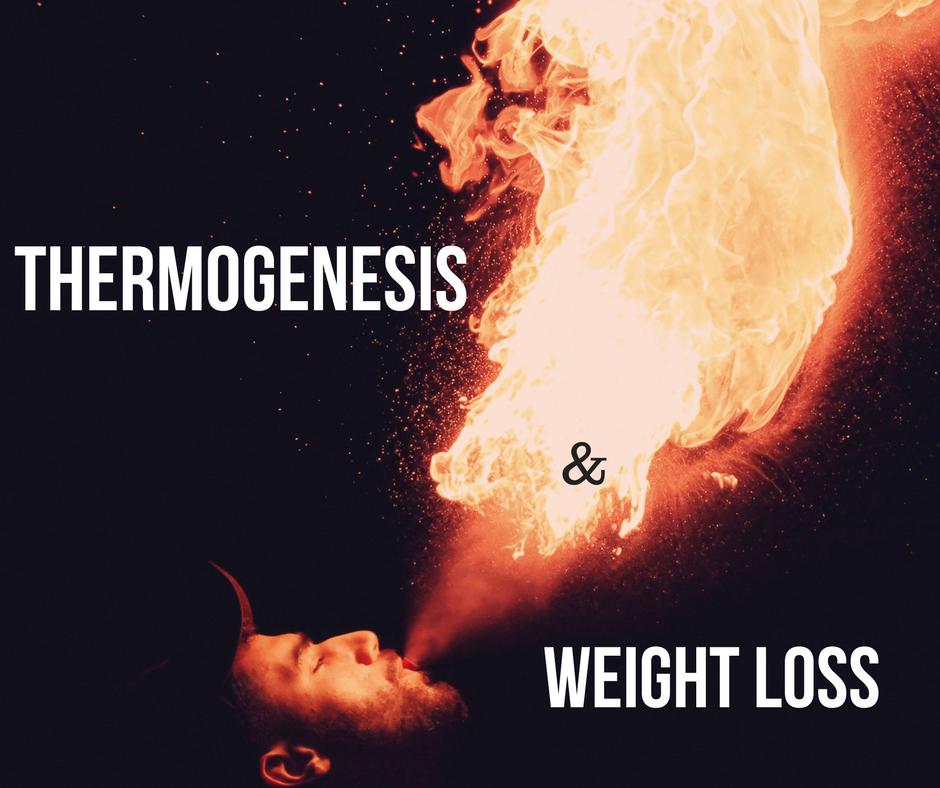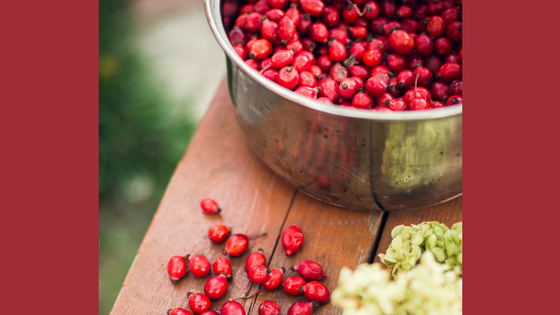
Get hot and manage weight with thermogenic foods
What is thermogenesis and how does it help you to lose weight?
Thermogenesis combines two latin words to mean the generation (genesis) of heat (thermos).
Whilst the vast majority of your calories are burned as you rest due to what is called your basal metabolic rate (while you sit and read this at rest), approximately 10% of your calories can be burned as a result of eating thermogenic foods (dietary-induced thermogenesis). In other words, thermogenesis is energy expended or calories burned above and beyond your basal metabolic rate.
Thermogenic foods work in the same way that turning up the thermostat in your home or turning up the gas fire will burn more fuel. Over a period of time these thermogenic foods can become a significant contributor to weight management.
Foods that have a thermogenic effect on the body and are beneficial to incorporate into a meal are hot chilli peppers, black pepper, coconut oil and salt.
Hot chilli pepper powder or fresh chillies can be sprinkled onto any meal with salt or added in the frying process using coconut oil. If you are not used to chillies and find them too hot don’t worry, they have a natural pain-killing effect. Start slow and over time you will not find them hot anymore!
Of all the food groups, lean protein is the most thermogenic although this does not mean that a high protein, low carbohydrate diet should be taken up. However, adding some protein to each meal is helpful. Protein can also include eggs, cheese, well-cooked mushrooms and lentils (soaked and cooked well).
Green tea also has a positive thermogenic effect and reduces fat deposition after a meal. If weight loss is desired, a cup should be taken with each meal. I find the most beneficial of these teas to be Oolong and Pu-erh.
Both are available at www.Botanicahealth.co.uk or www.newhealthhorizons.co.uk.
These teas are loose and therefore not bitter and about half a teaspoon or a good pinch should be used for each cup.
A well-rounded meal should include one source of carbohydrate (people often make the mistake of combining two or even three carbohydrates with a meal such as potatoes, bread, turnip, cooked carrots, pastry, baked beans, other legumes, rice), one non-carbohydrate vegetable (like a salad or leafy greens) and a protein. That meal can then be made more thermogenic by adding some spice, salt, cooking in the coconut oil and enjoyed with a nice cup of tea! You will literally feel the added warmth eating that way.
One of the most powerfully disruptive foods to the metabolism are vegetable oils due to their poly-unsaturated nature and inhibition of metabolism at the thyroid, liver and cellular level. Therefore, the only oils I recommend, particularly if weight loss is desired are coconut oil, solid butter and olive oil.
Eat well and stay warm!
Post a Comment
You must be logged in to post a comment.




